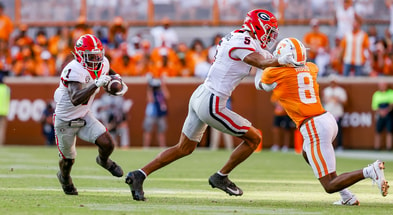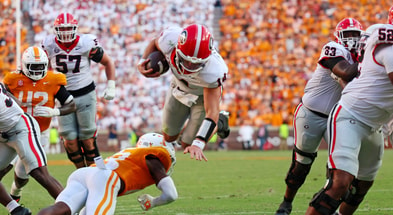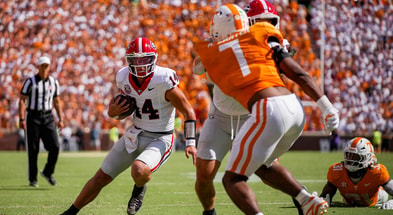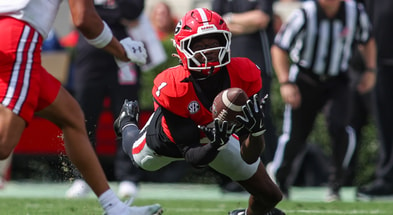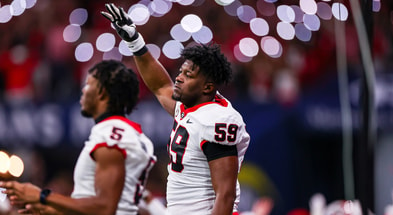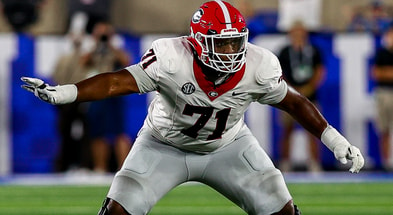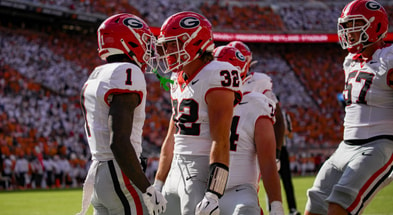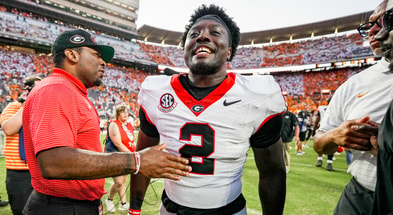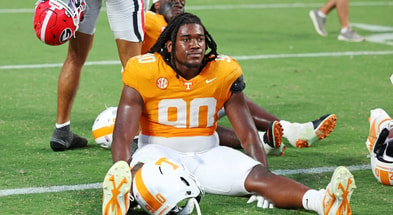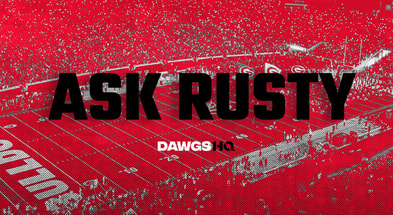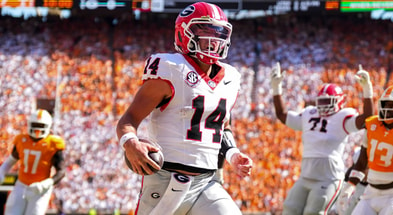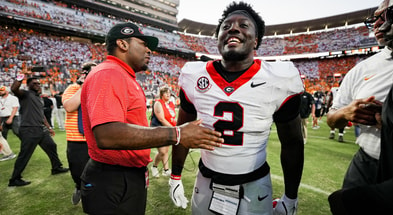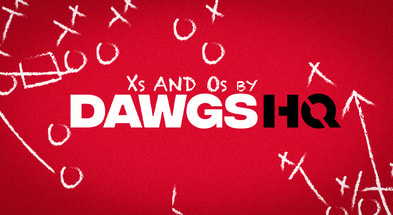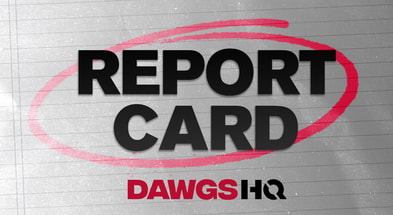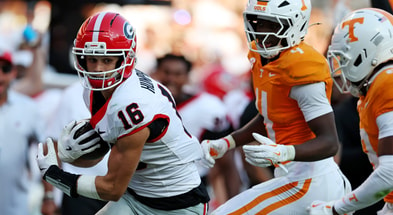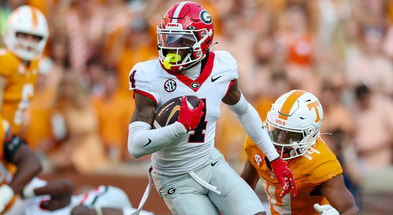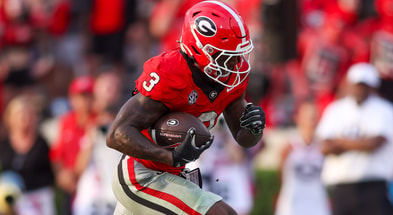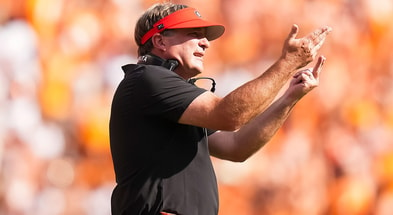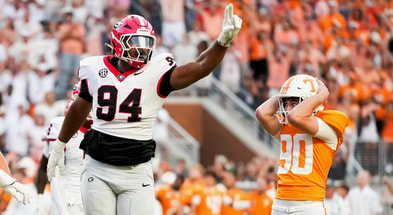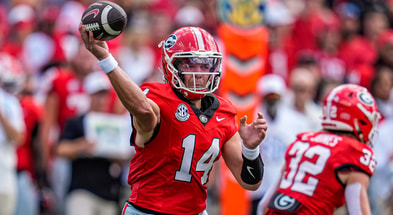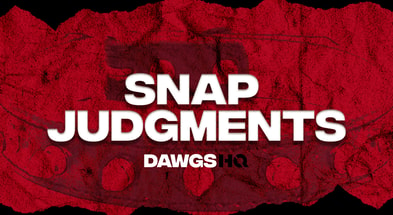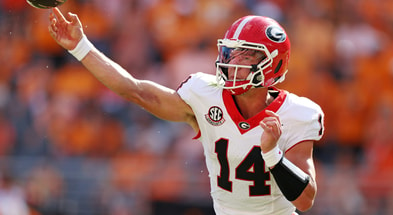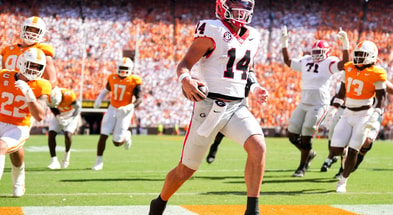Kirby Smart looks back on how he got into coaching, early love for football

Kirby Smart grew up around coaching, but he didn’t always have dreams of becoming a coach himself. Once upon a time the now two-time National Championship-winning head coach (and four-time National Championship-winning defensive coordinator) had aspirations of playing professionally. That came to an end in Indianapolis summer of 1999 when the Colts cut him. He packed his bags and returned to Athens without much of a plan. That’s when coaching became his calling.
“I knew a lot about it. Having been raised – there’s a lot of statistics out there that say you end up venturing into things that you do well, things you have success at and sometimes it’s what your parents do because it’s what you grow up around,” Smart said. “You go back hundreds and hundreds of years ago, a carpenter passed that down to his son and he taught his son how to be a carpenter. I feel like growing up, I was at the football office, the field house probably every day from the day I was eight to the time I was 16. I didn’t go home after school, I went to the field house so I grew up around coaches, I grew up around football.”
“I love competing. I wanted to win at everything that I did to the point that it might be a detriment. Winning or losing got in the way of actually getting better at times,” he continued. “Being in that household, it’s what I wanted to do, it’s what I felt comfortable with and I didn’t know what I wanted to do after I got cut from the Indianapolis Colts. Coach Donnan gave me an opportunity so I jumped into that career … I didn’t grow up aspiring to be a coach, but I grew up aspiring to compete and be successful in whatever I did.”
RELATED: Kirby Smart shares on areas of growth as a coach during time at Georgia
Smart came on at Georgia in 1999 as an administrative assistant under Jim Donnan. He was just a year removed from being a team captain in Athens though and felt he needed to go elsewhere to be seen as a coach, not necessarily as just another one of the guys on the team. That led him to Valdosta State where he spent two years, the second of which serving as the defensive coordinator at only the age of 24.
“I think once I got that Valdosta State job, it was, ‘Wow, okay, I’ve got my own room. These are my players. I am the defensive backs coach. It’s only me. I am the boss other than the defensive coordinator and the head coach.’ It was a very unique position at that age. I was almost the same age as some of our seniors, and here I was coaching them. So it was really cool,” Smart said.
Top 10
- 1New
Connor Shaw update
Positive update on SC great
- 2Hot
Wofford players suspended
Benefits as low as $84
- 3Trending
Urban Meyer
Nico-Aguilar worst trade ever
- 4
Arch Manning
Opponents dish on struggles
- 5
CFB headed to London
Kansas vs. Arizona State
Get the Daily On3 Newsletter in your inbox every morning
By clicking "Subscribe to Newsletter", I agree to On3's Privacy Notice, Terms, and use of my personal information described therein.
“It was great. It was awesome to be a Valdosta and grow there. In my second year I had the chance to be the defensive coordinator because Will Muschamp went to LSU, and this was such an integral part of my career when Chris Hatcher came to me and said, ‘Okay, I’m going to make you the coordinator.’ I had only been a coach for one year, and I called a guy that had been a big influence on me, legendary coach Joe Kines who had coached me at Georgia and he was at FSU. I said, ‘Coach Kines, I’m not ready to be a defensive coordinator. What do I do in this situation?’ He said, ‘Kirby, you take that job, and you run with it because you’re never going to learn to do it sitting there and being an assistant. You’ve got to get in and push yourself in it. Dive in and accept failure. You’ve to go do it.’ He said, ‘You’re ready. You’ll do a good job. You’re a good leader and you’ll handle it well.’ He convinced me to take it when I wasn’t very confident in myself at that time.”
Smart recalled the lessons he learned in his early years of coaching, many of which would show their hand again in his early years as a head coach. He said he was too emotionally invested and would step in to demonstrate drills because he thought he could do it better than any player could. Put simply, Smart said he over-coached and dwelled on the negatives and celebrated the positives too much instead of staying even keeled.
Through it all though, Smart said he immediately had a passion for what he was doing.
“I think immediately I had this passion and energy for what I did. I wanted to help players, I wanted to make players play better, I wanted to scheme. That was probably my first love, to figure out a way to do something,” Smart said. “At a young age, you’re foolish sometimes in whatever industry you’re in and you think that you can outsmart the game, outsmart the business, that there’s a shortcut. ‘Oh man, we’re going to have this great defense that’s better than everybody else’s because of something that I created.'”
“As you get older you realize, there really is not a shortcut,” he continued. “There really is not a magical defense. There’s a way of coaching your players to be their best, and that combination of 11 parts becomes elite. It’s not the defense, it’s the production of what these guys do and what you coach them individually to do. As a young coach I had to learn that. I saw some guys fail that I worked under, and it was like, ‘Man, what are these guys doing wrong?’ And then I saw some guys succeed and said, ‘Hey man, what are these guys doing right?’ You took a little bit of everything from the people you’ve worked with. I was green, I was real quiet at first. I just had to sit back and learn.”
